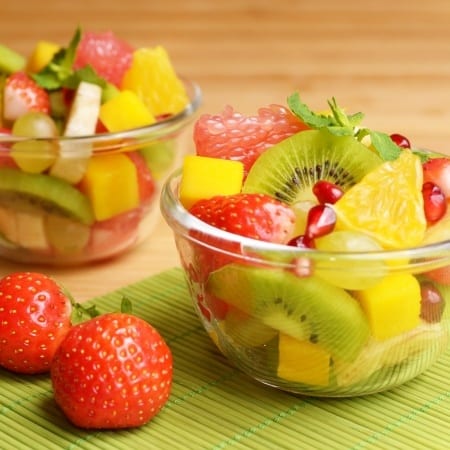
According to a study conducted by Harvard University’s T.N. Chan School of Public Health, female teenagers who increase their intake of fruits were at a lower risk of contracting breast cancer than those who didn’t. On the other hand, women who took more alcoholic drinks with passage of time had a greater possibility of being diagnosed with the disease in the future. However, these women were also less prone to suffering from a heart attack. As per the first study or trial, women who consumed more grapes, apples, and bananas significantly lowered their chances of developing breast cancer.
Having three helpings of the above fruits per day on an average brought down the vulnerability by 25% especially during the middle age-the period when women are at maximum risk. And it may come as a surprise to many health-conscious women that regular consumption of fruit juices has no significant benefits especially in averting or thwarting of the susceptibilities to ductal or lobular carcinoma-the two main types of breast cancer. In this respect, women who took kale or oranges when they were younger may have made themselves immune to this type of cancer to some extent.
The author spearheading the study, Dr. Maryam Farvid iterated that the trial established for the first time that a woman’s chances of contracting the fatal disease was significantly reduced in later years if she had consumed sufficient fruits during her teens. However, the study just ascertained a link or correlation between plummeting of cancer risks and fruit consumption instead of corroborating that increased intake was directly responsible for the effect. More than 90,000 women in the age group of 27-44 had filled out a questionnaire in 1991 on diet patterns during their growing up years and early adulthood that were analyzed by the researchers.
Another survey was carried out in 1998 when over 44,000 women responded to a questionnaire about their dieting habits during adolescence. Consumption patterns of food and drink were also reviewed at least once at the end of a four-year period from 1991 to 2013. Respondents of these quadrennial surveys were asked questions about their diets in the preceding year. These women were also diagnosed for symptoms of breast cancer biennially. Over 3,200 women were found to have contracted and developed breast cancer that affected healthy cells and tissues and called for a surgical procedure (mastectomy). These findings were collated from the different studies that were conducted during a twenty-year window.
Of the 3,200 women who had been diagnosed with breast cancer, information regarding consumption pattern during adolescence was available for approximately 1,350 of the participants. The ultimate takeaway from the study was that the more fruit a woman took during her adolescence, the lesser were the chances of her developing breast cancer as she aged. At the same time, another analogous study was conducted in the University of Southern Denmark reviewed the alcohol consumption patterns in two phases (from 1993-1998 and from 1998-2003) of approximately 22,000 postmenopausal women.
The study concluded that women consuming more alcohol on average (increasing the intake by at least two drinks each day in the two five year review periods) were at a 30% greater risk of suffering from breast cancer. However, these women could look forward to having a better heart health compared to those whose drinking habits remained more or less constant.
Image credit: Olena Mykhaylova
